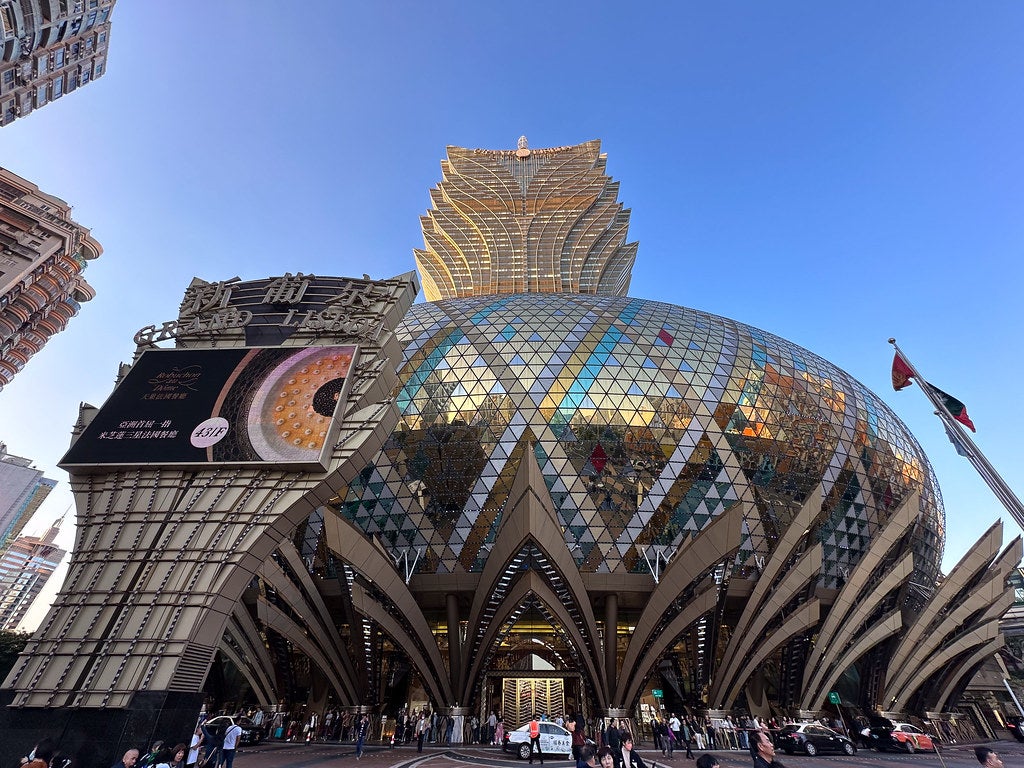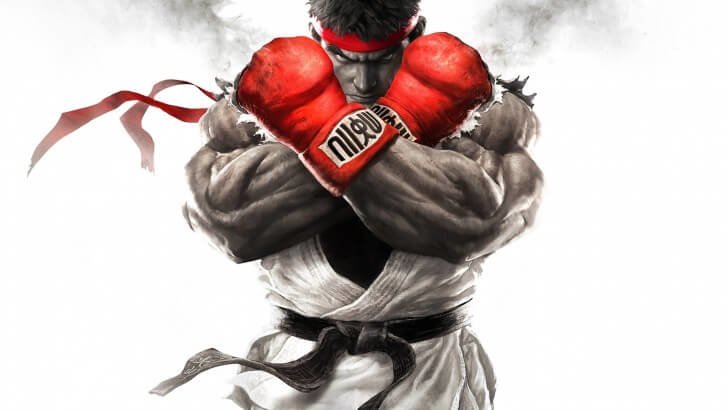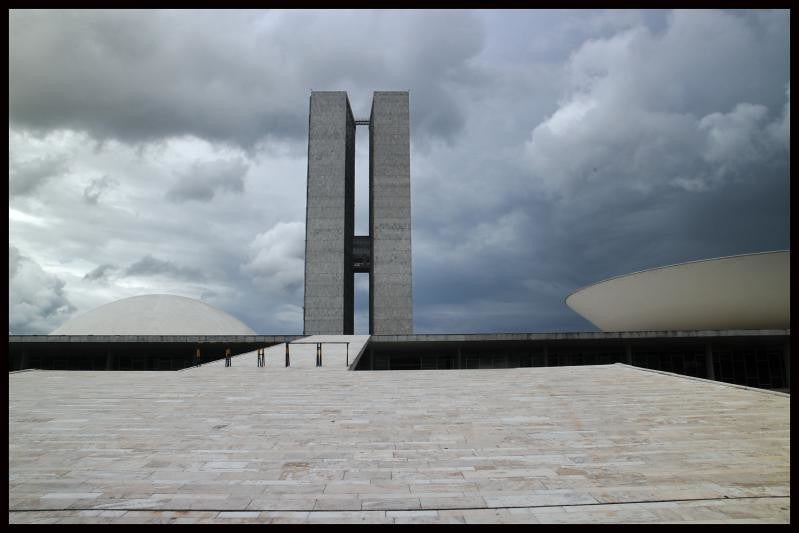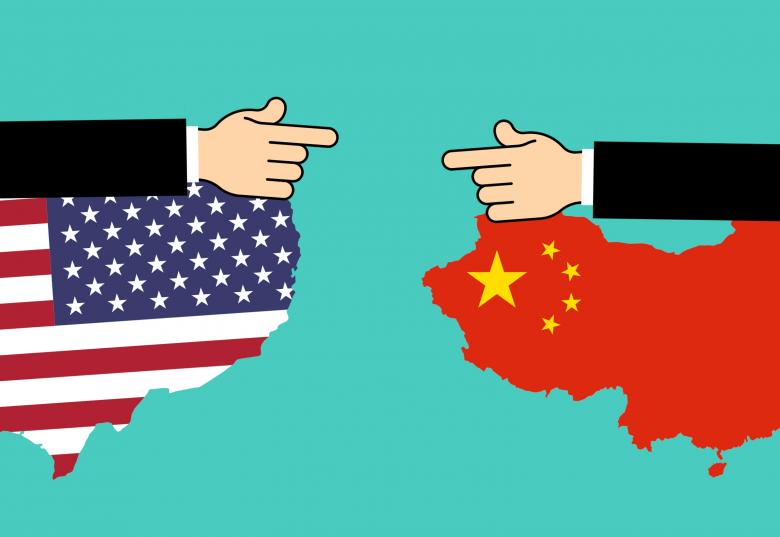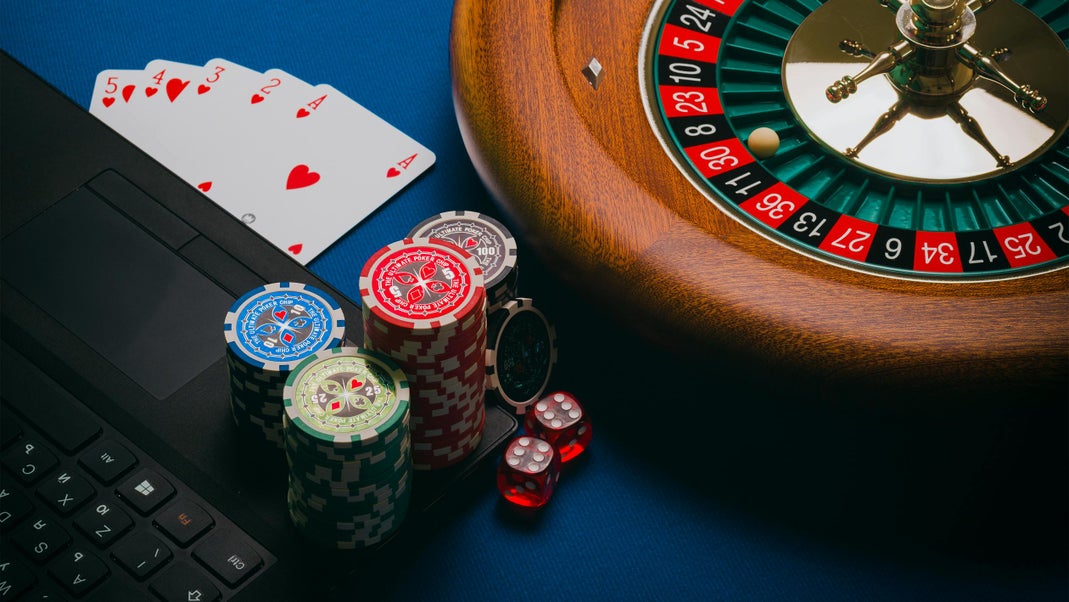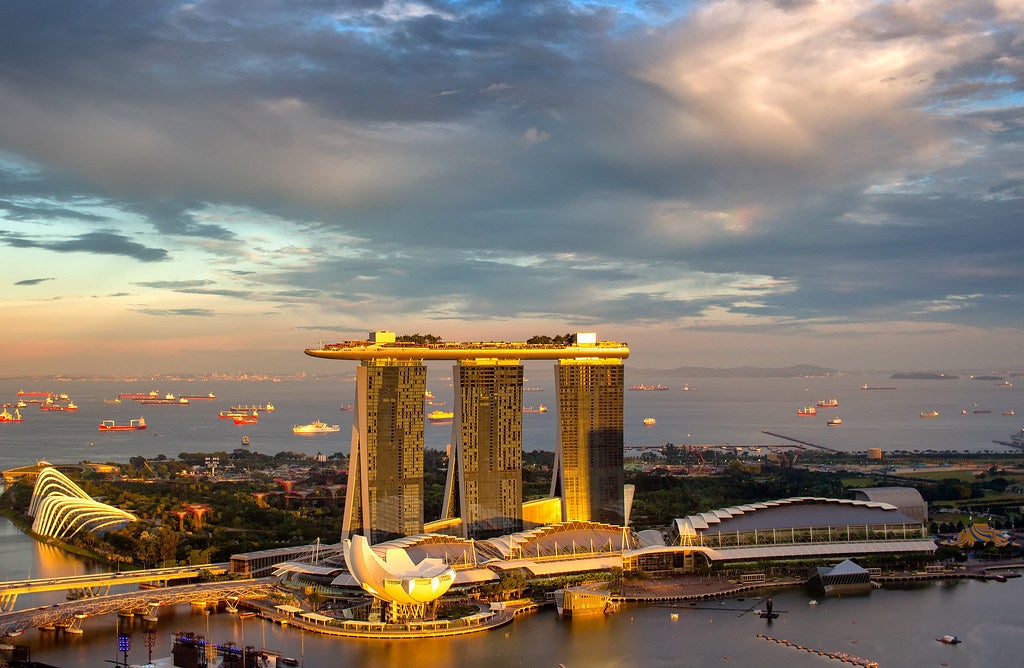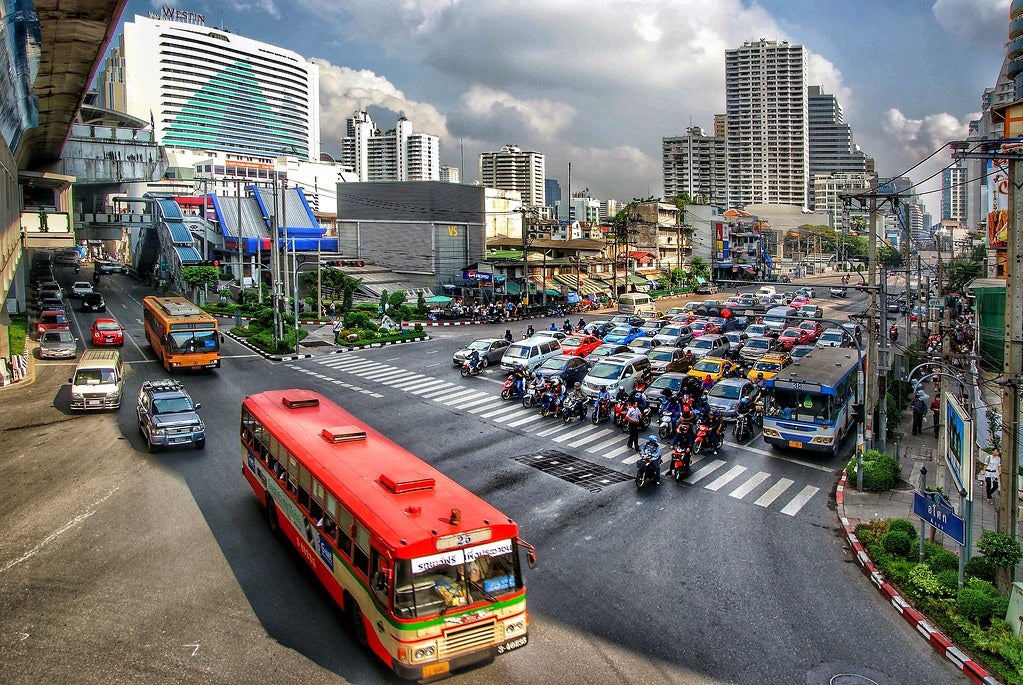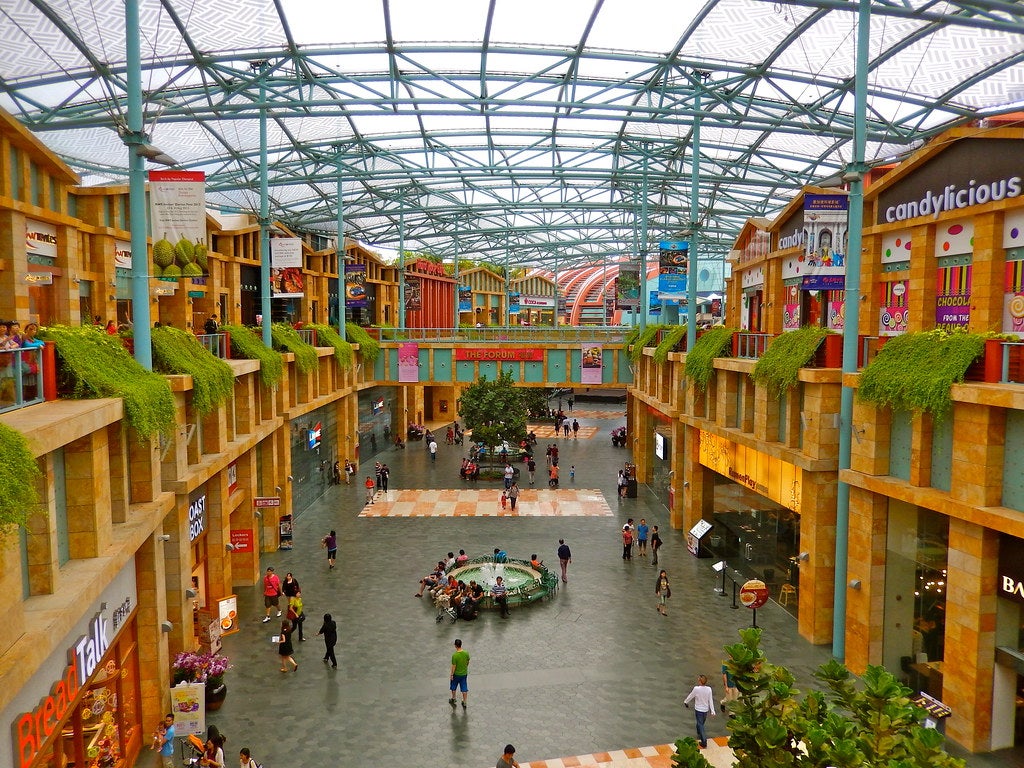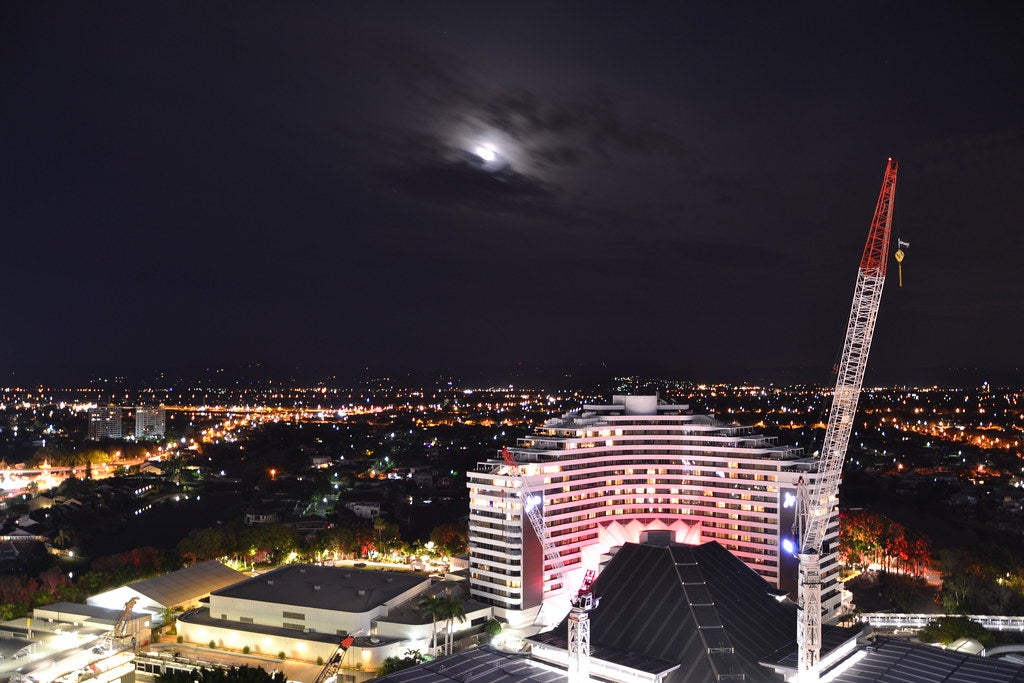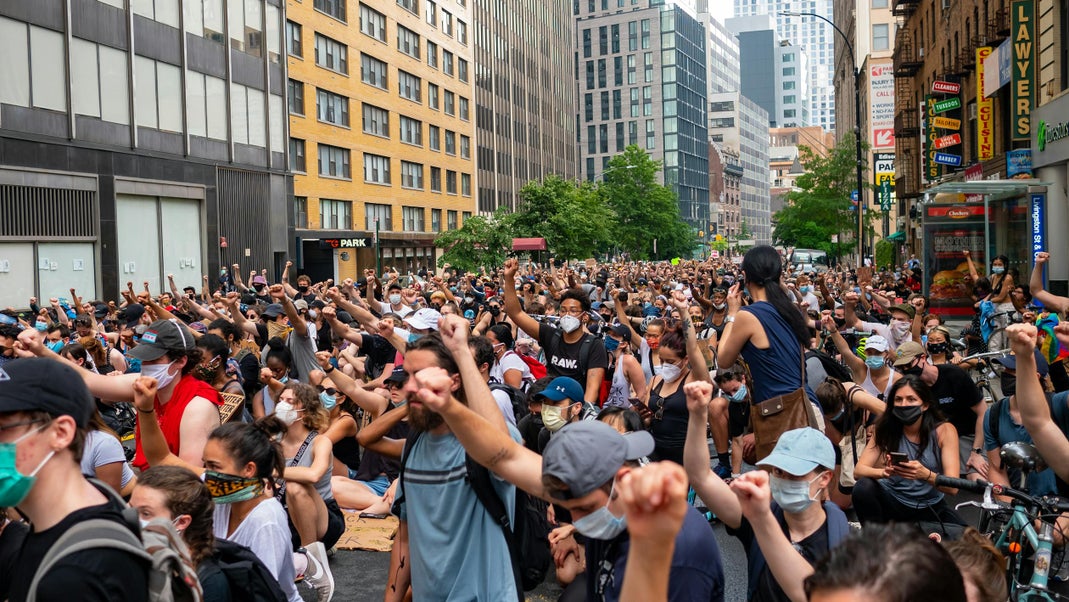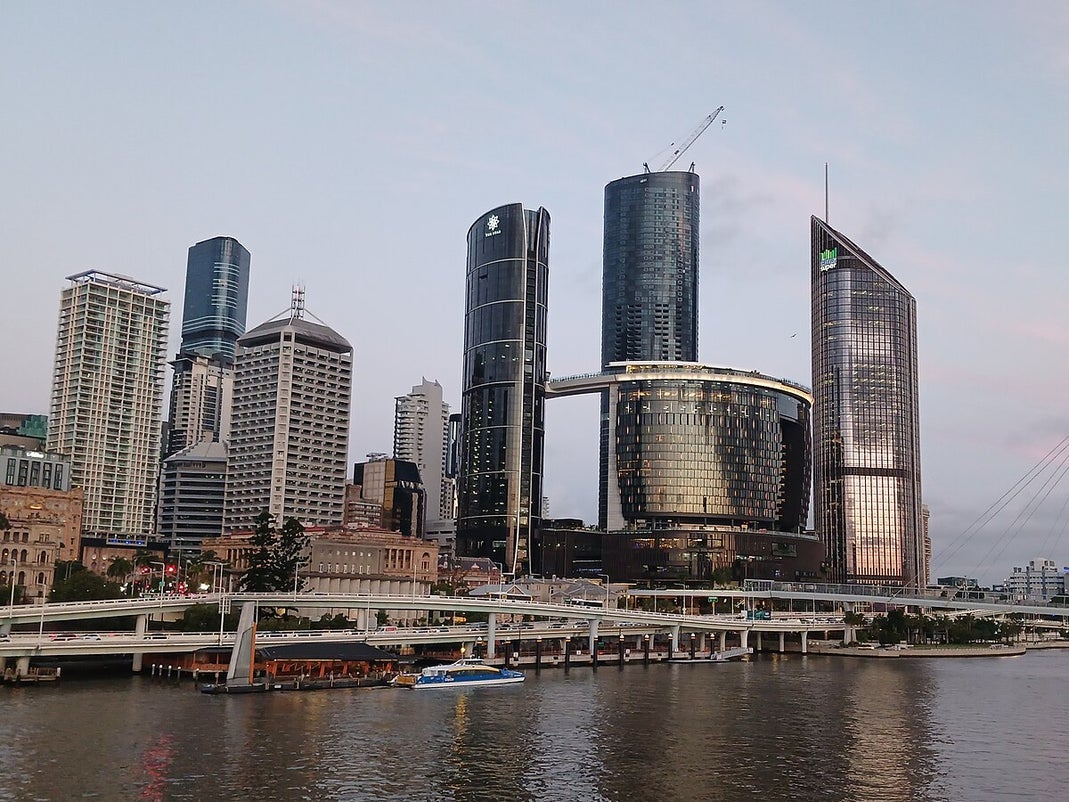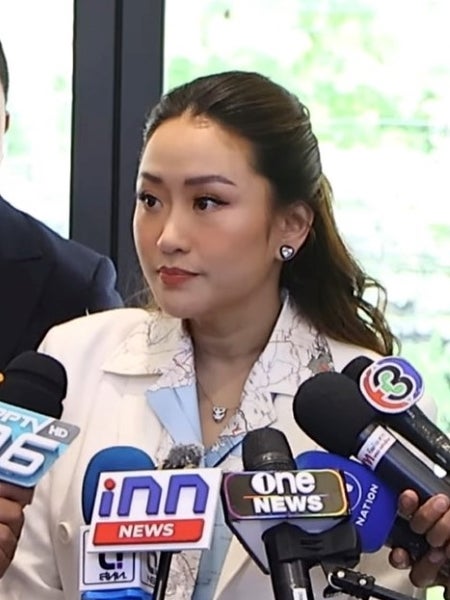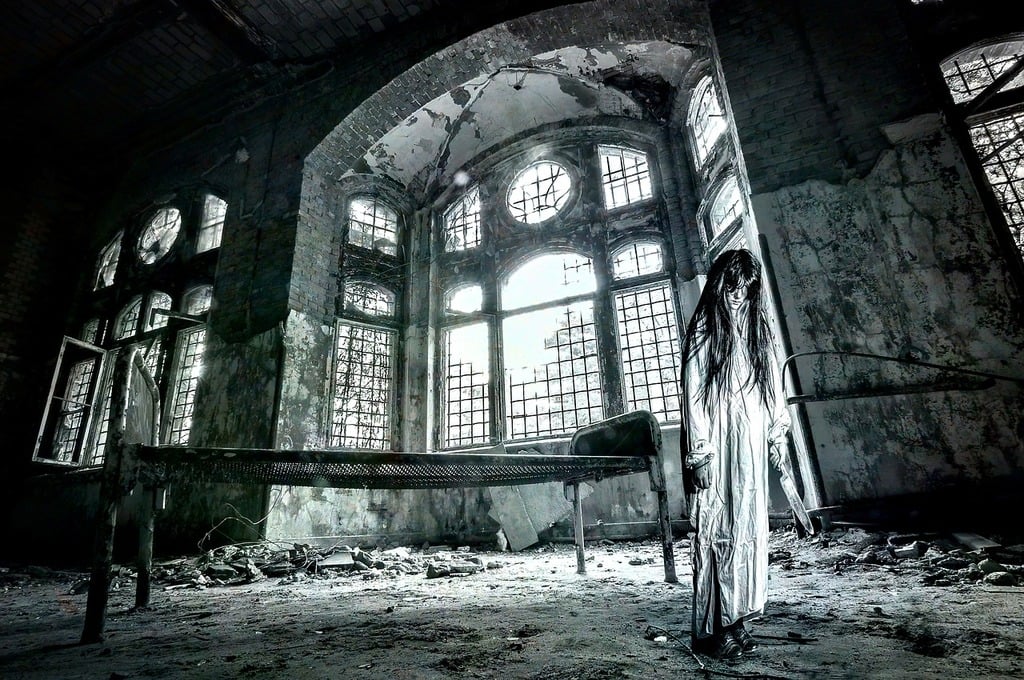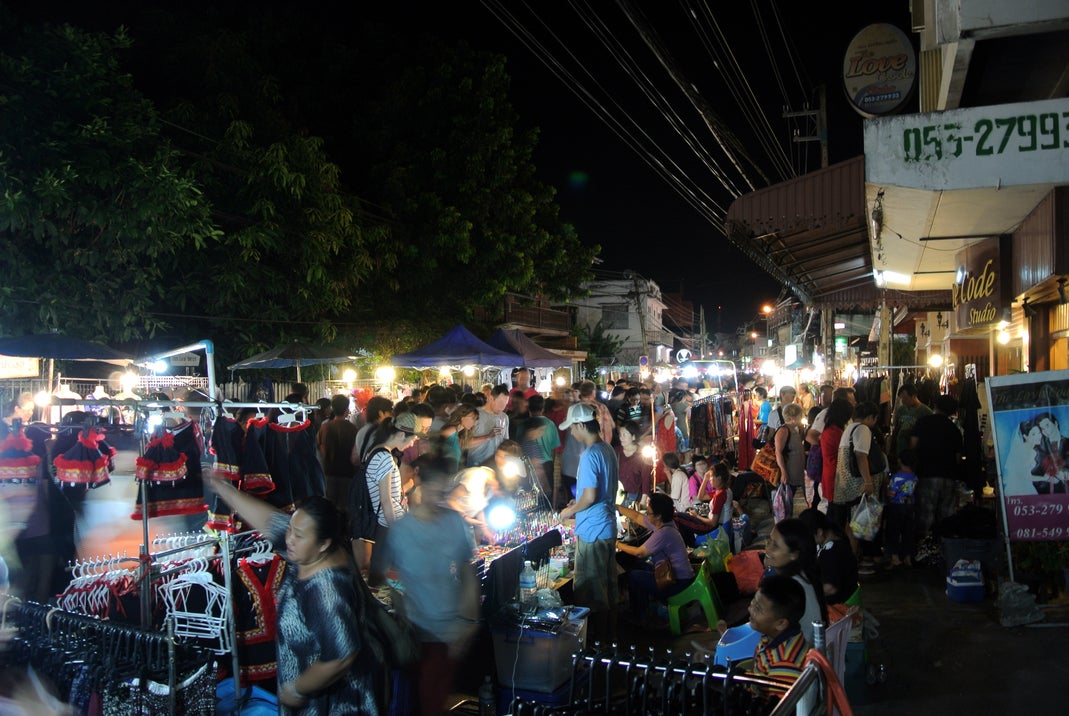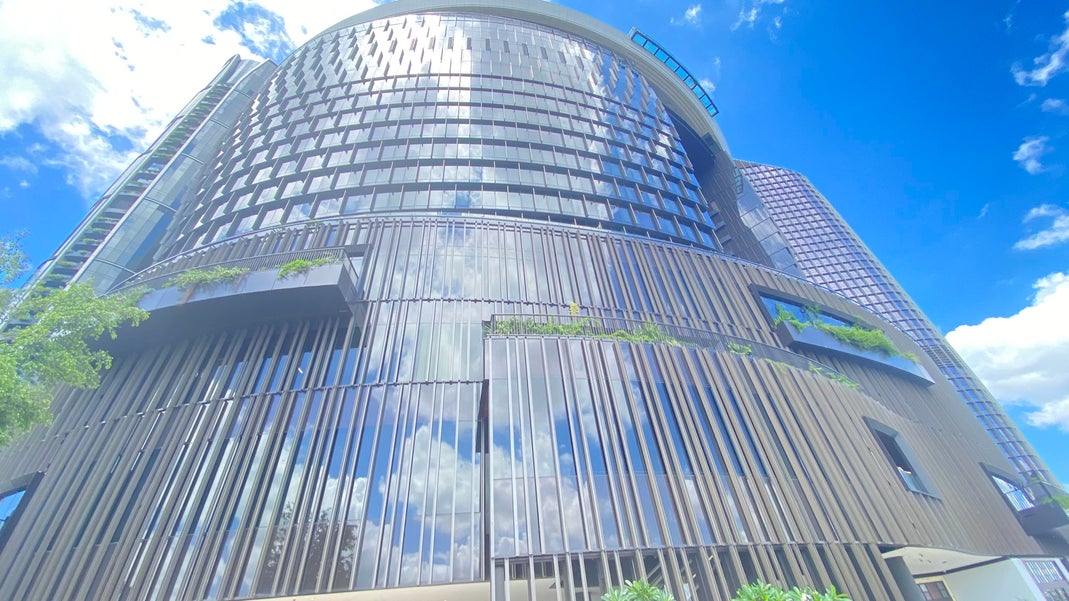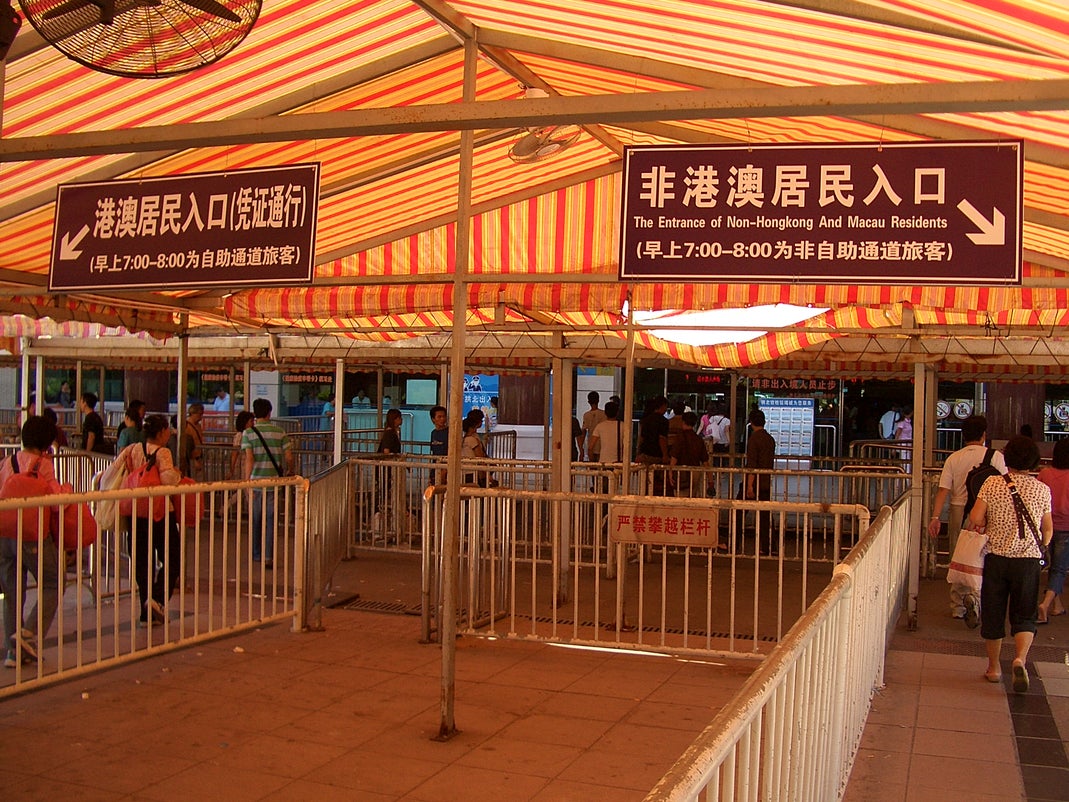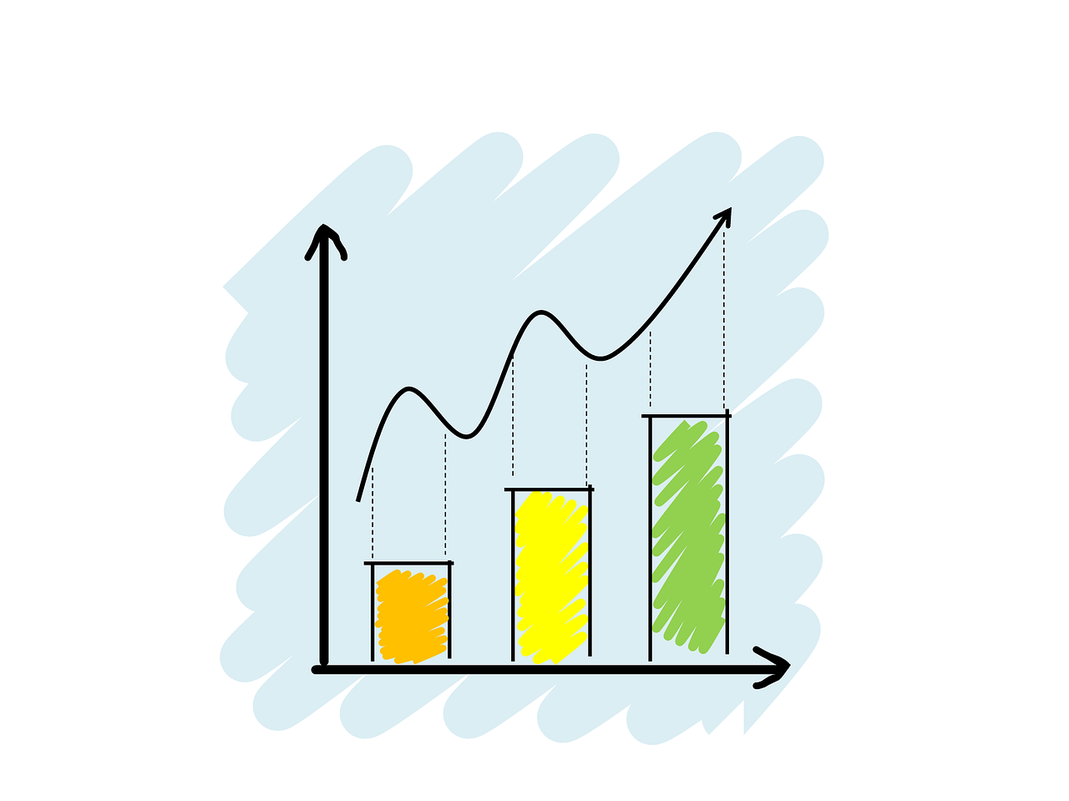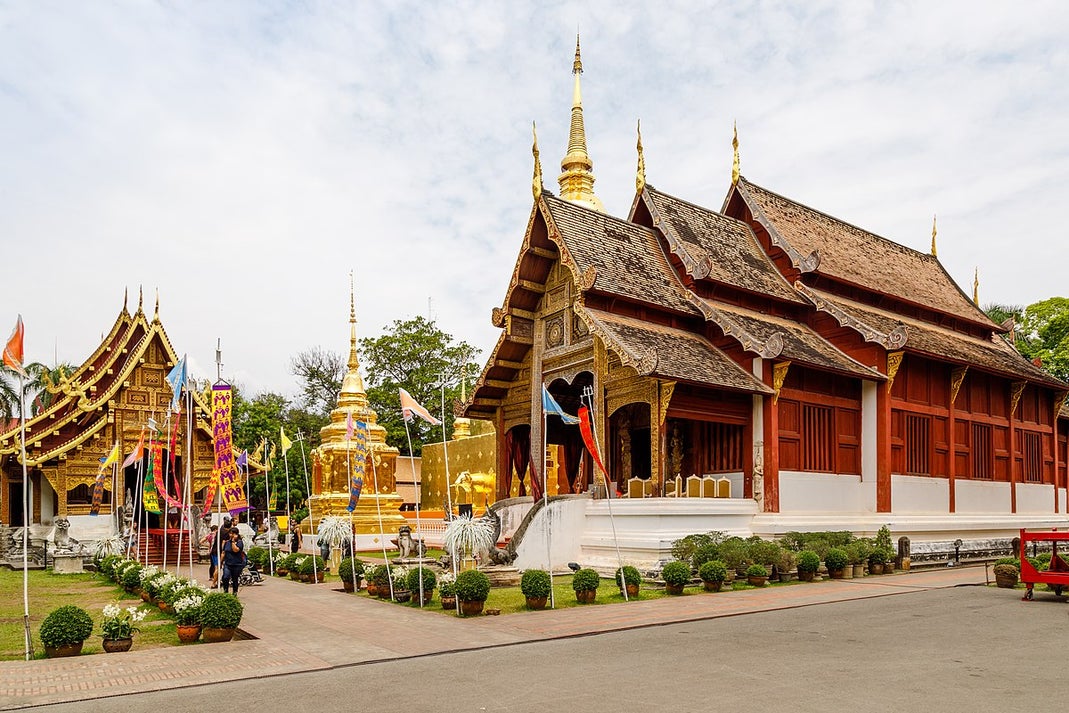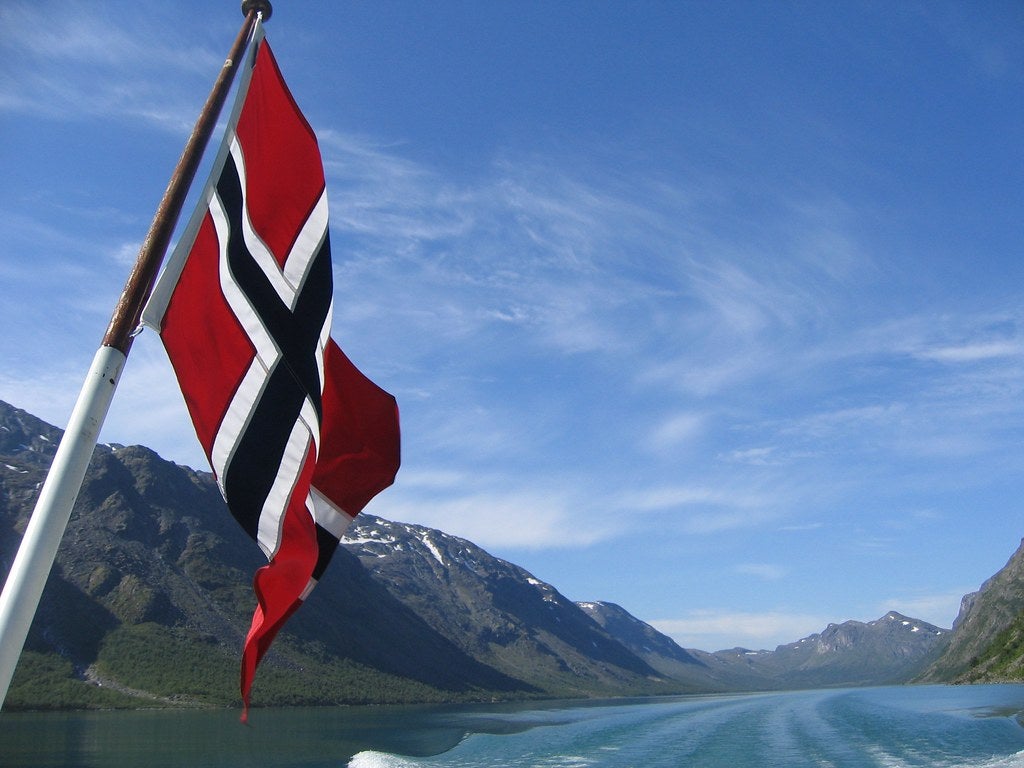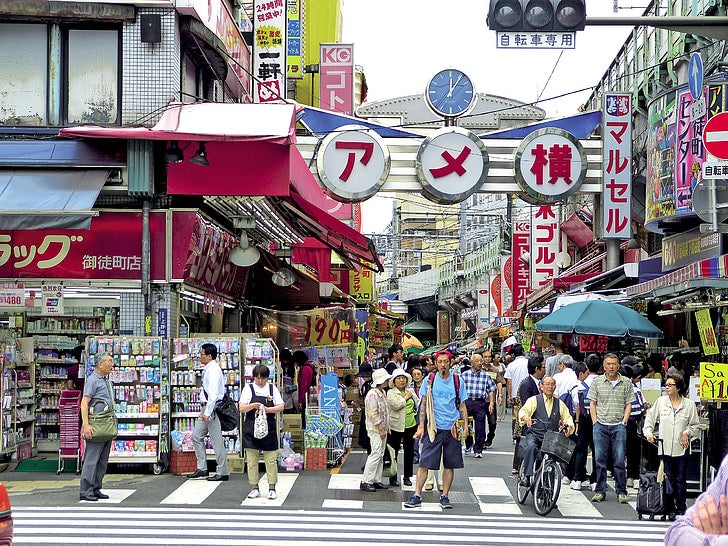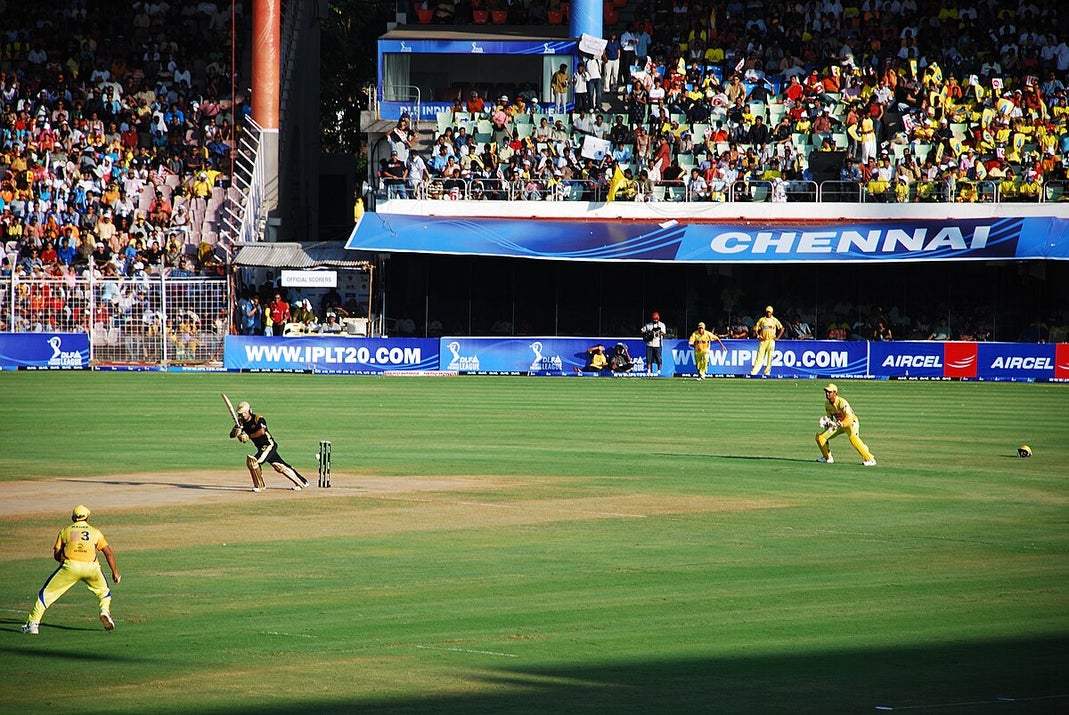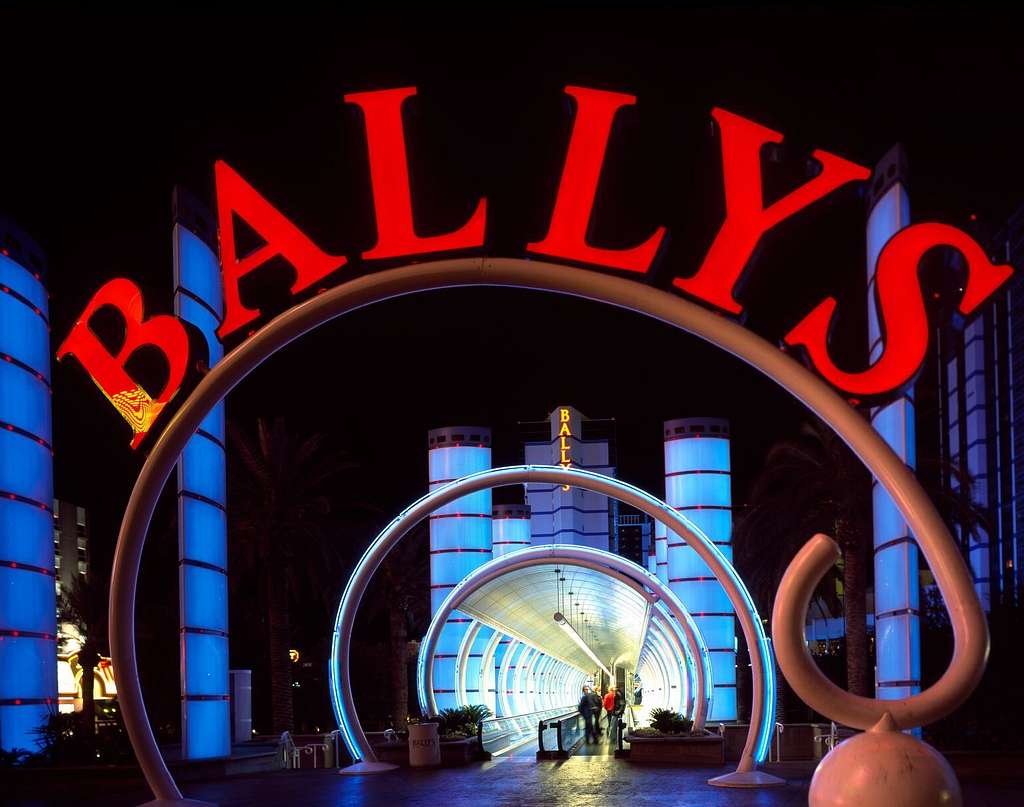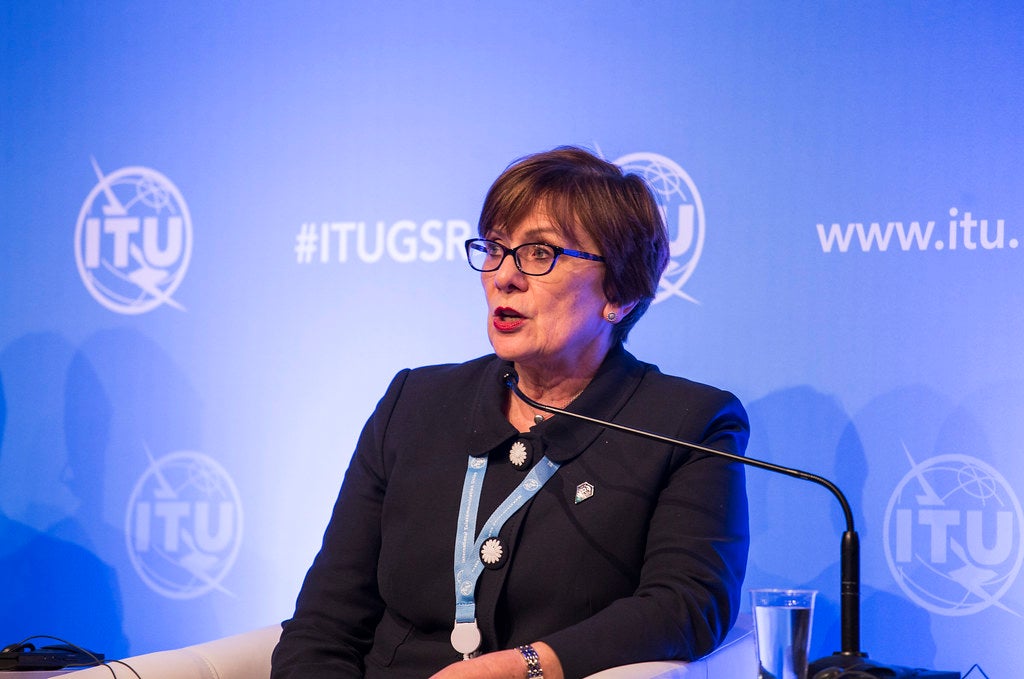Deep-Rooted Concerns with the Industry
The prohibition of POGOs comes after research by the Department of Finance (DOF) and Anti-Money Laundering Council (AAMLC), which linked social and economic risks to POGO operations that far surpassed their financial benefits.
The findings underscored that POGO activities are linked to rising crime, social instability, and the exploitation of vulnerable citizens. AMLC also highlighted the sector’s association with fraud and money laundering, putting the national economic ecosystem at risk.
EO Execution
The Philippine government intends to execute the new directive effectively with two established Technical Working Groups (TWGs). The first TWG, the Anti-Illegal Offshore Gaming Operations Working Group, will get a handle on unlicensed POGO activities, curbing violations and focusing on the deportation of foreign nationals involved in illegal gaming. Various government agencies will oversee this TWG’s operations, including the Presidential Anti-Organized Crime Commission (PAOCC) and the Department of Justice (DOJ).
The Employment Recovery and Reintegration Working Group is the second TWG. Led by the Philippine Amusement and Gaming Corporation (PAGCOR) and the Department of Labor and Employment (DOLE), this group will coordinate the job placement and reskilling of displaced workers once the POGO sector ceases operations.
Anticipated Impacts
Marcos’ administration stresses that the reckless nature of the POGO industry significantly impacts the Philippines’ reputation, deterring foreign investors and tourists. With the country seeking to become a premier destination for business and pleasure, the sector poses a threat to these goals.
The POGO ban is anticipated to reduce crime rates and protect local communities from exploitation by the illicit industry. As it stands, it is unclear whether the Philippines will adopt legal gambling activities, like the current pursuit in Thailand. Still, it is not relentless on stringent regulatory oversight to wipe the POGO industry clean.




